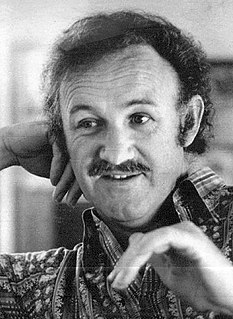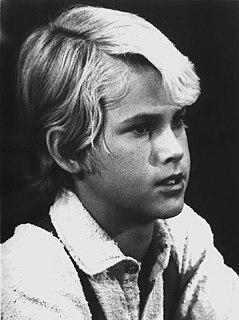A Quote by Ray Bradbury
The novel's not organized like a screenplay. If you shot the novel, you'd have a twelve-hour movie.
Related Quotes
It's very bad to write a novel by act of will. I can do a book of nonfiction work that way - just sign the contract and do the book because, provided the topic has some meaning for me, I know I can do it. But a novel is different. A novel is more like falling in love. You don't say, 'I'm going to fall in love next Tuesday, I'm going to begin my novel.' The novel has to come to you. It has to feel just like love.
Well, I kind of approach both of them similarly in (that) I always see it as a movie first because that's my background. Cindy Kelley, who has been my writing partner on my novels, she works more on the prose side and the description side of the storytelling because, obviously, there's a lot more of that in a novel than in a screenplay. You only have up to 120 pages in a screenplay.






































